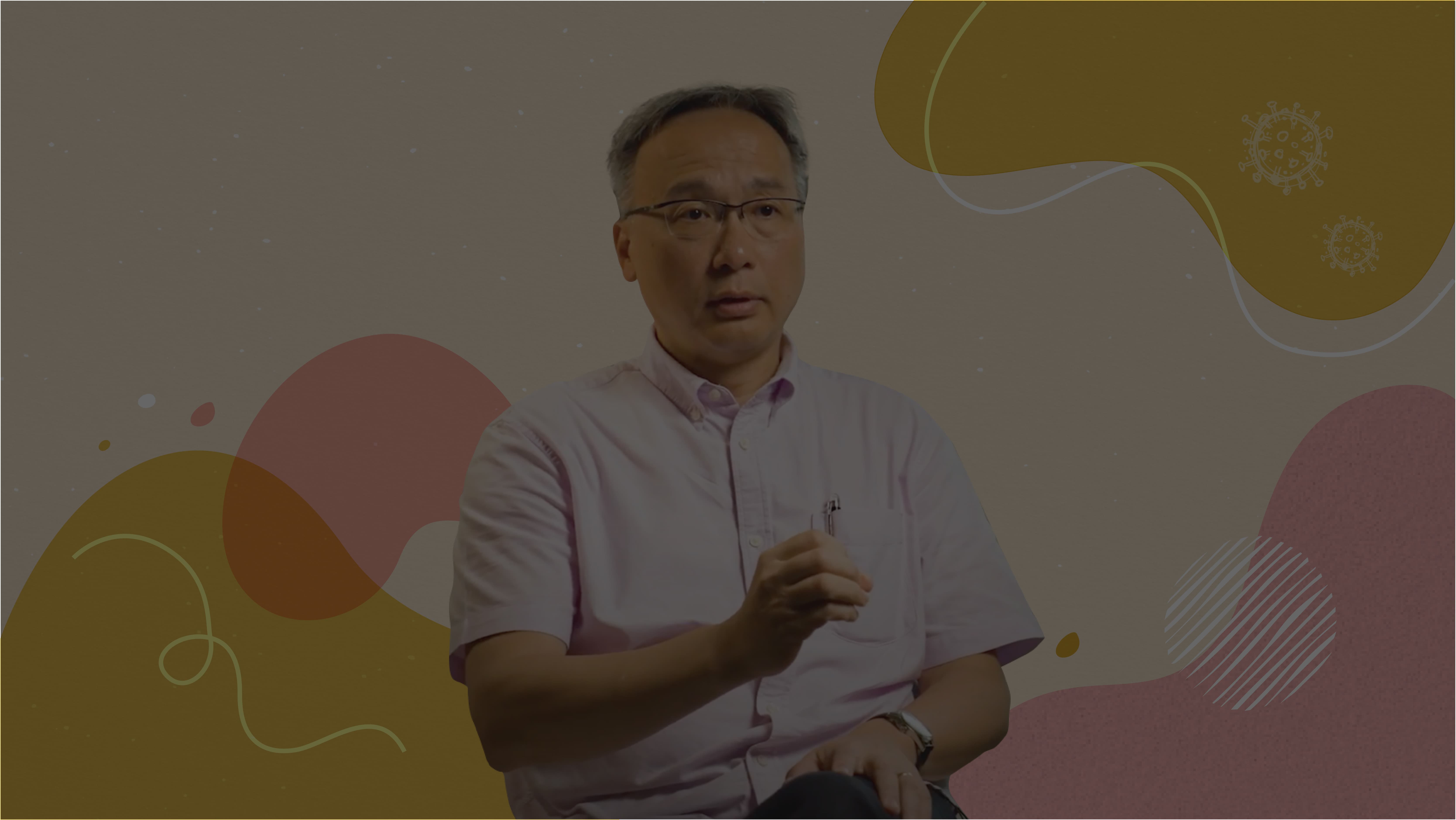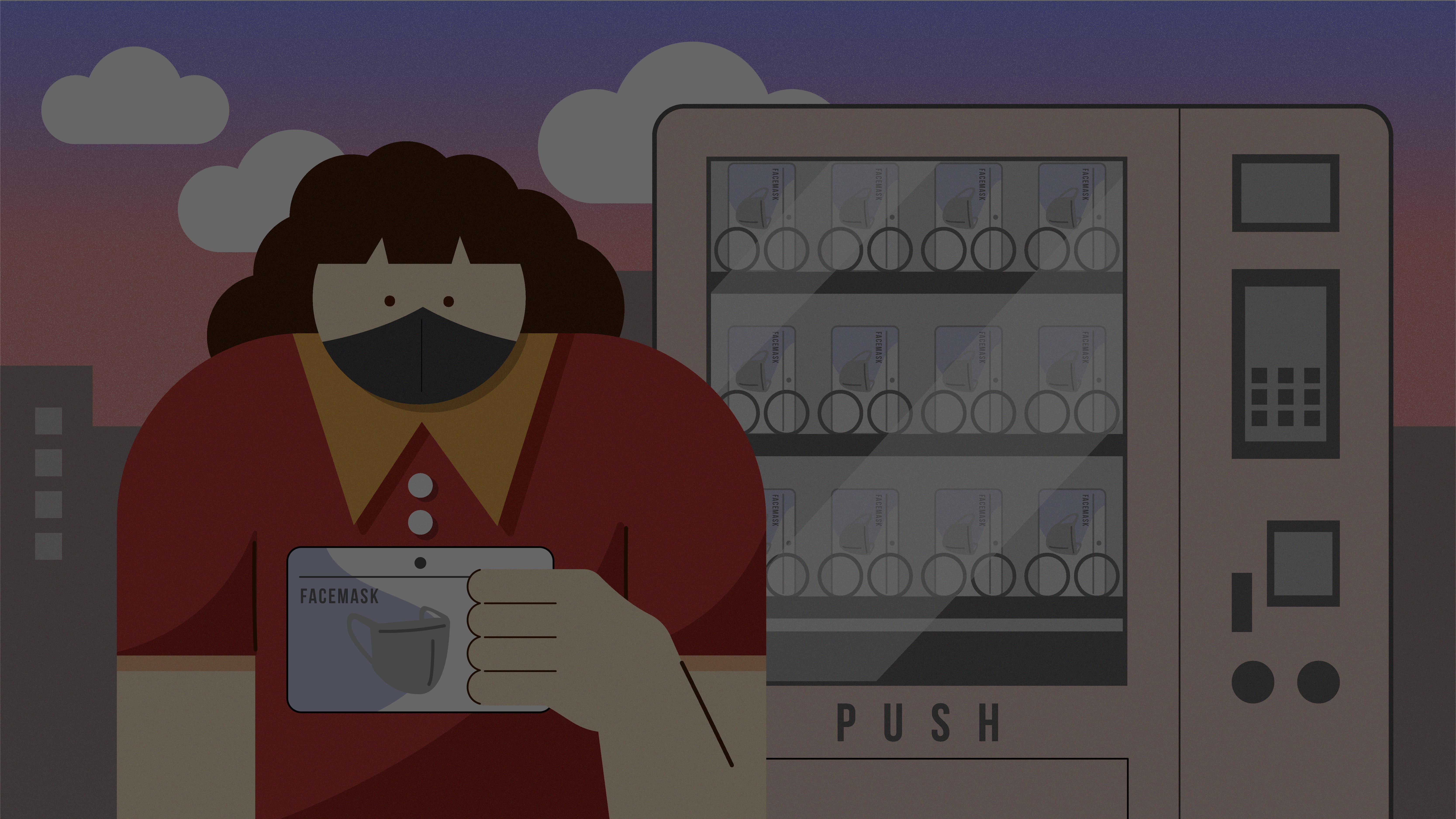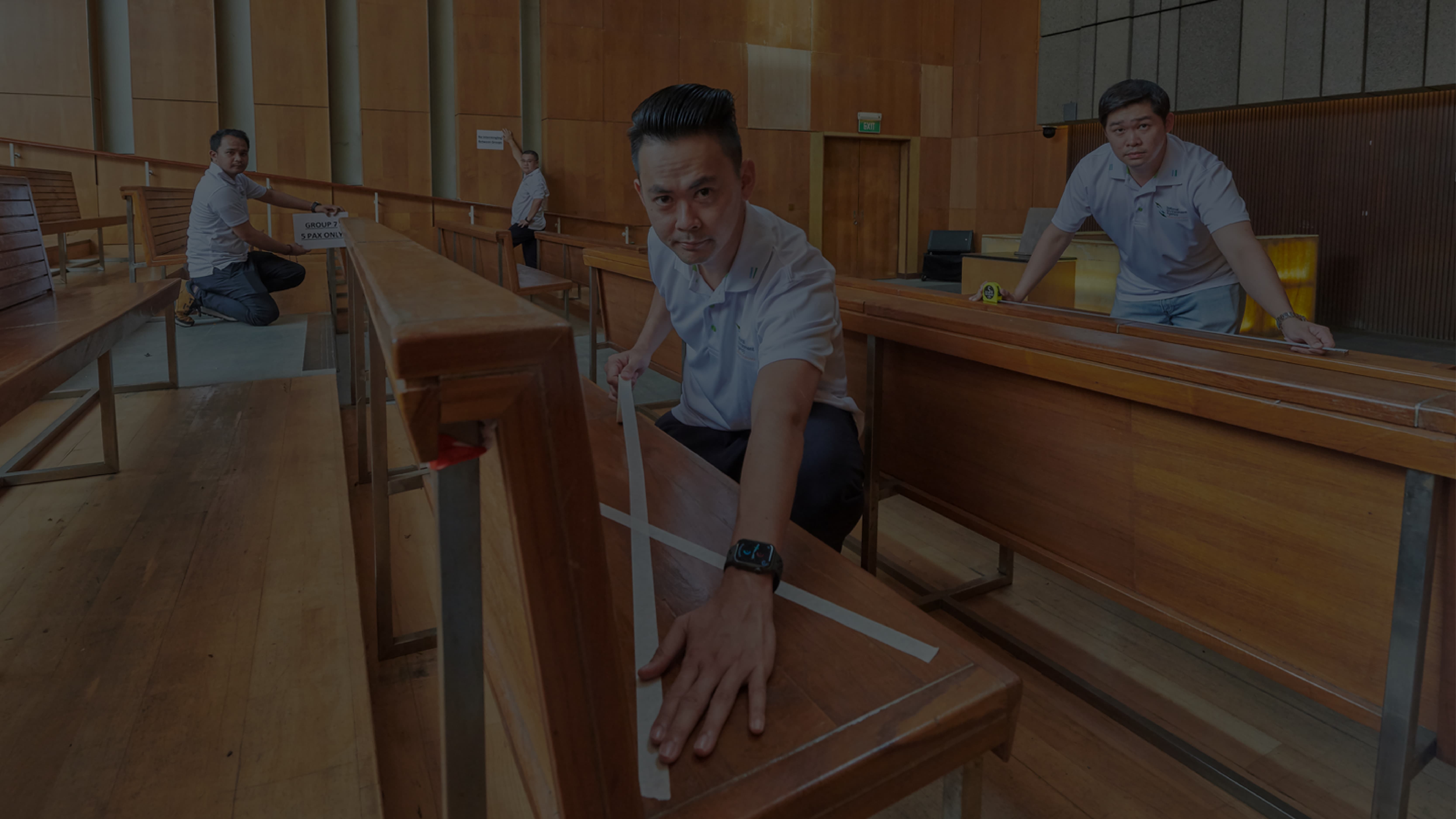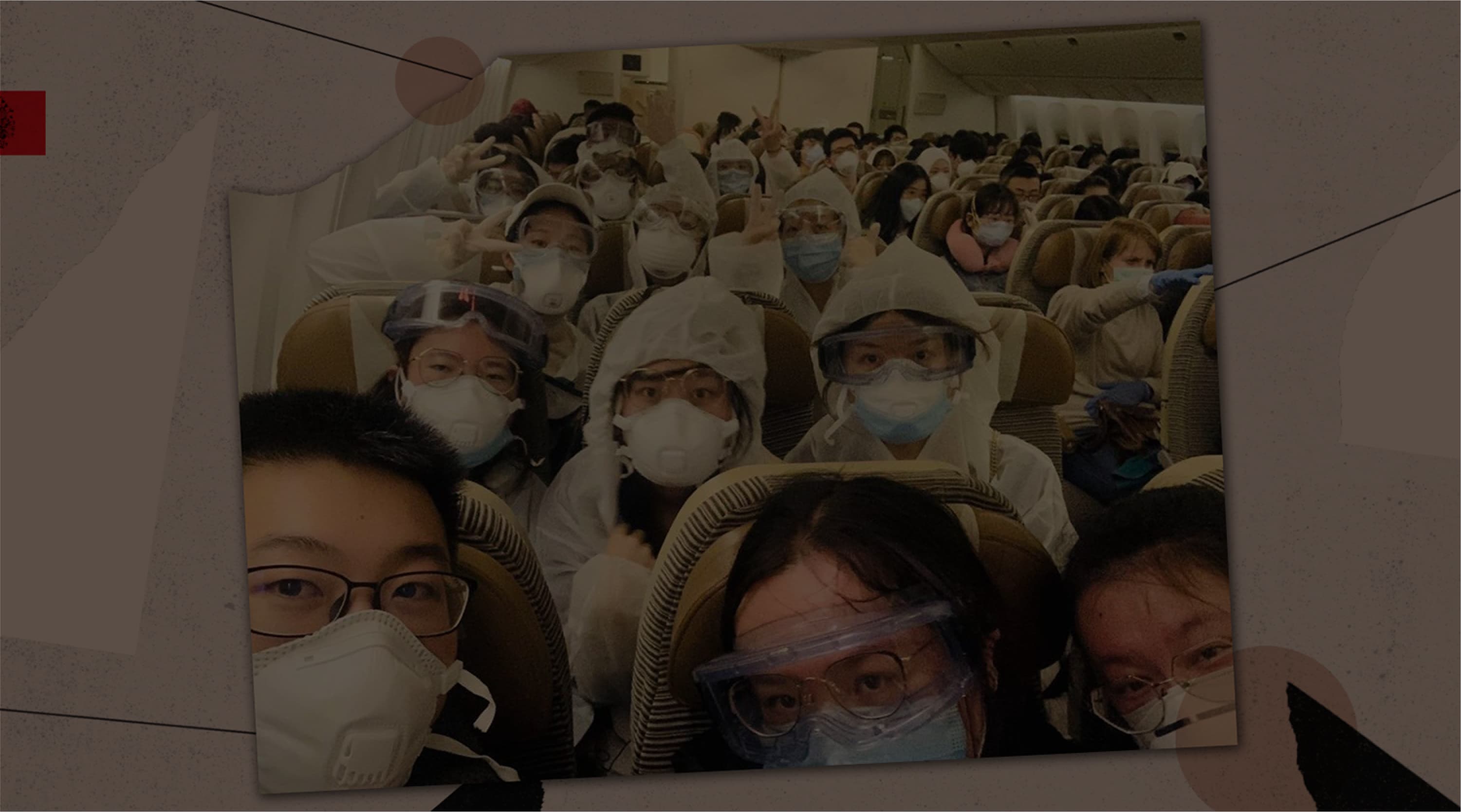Back To School, With A Difference

By the second half of 2020, a school day at Meridian Primary School began like any other – with one exception: the students, like their peers in Singapore, were attending classes from their homes via Zoom.
Since the start of the COVID-19 pandemic, home-based learning (HBL) was implemented at several junctures to minimise school-based case transmissions. From the 2020 Circuit Breaker to the Phase 2 Heightened Alert in 2021, teachers and students had to quickly adjust to this new normal.
Uncertainty at the Start
Mr Clement Tham of Meridian Primary School recalls the uncertainty and sense of loss among the students at the start due to the unforeseen national COVID-19 situation then. However, he knew that despite these unknown challenges ahead, he had to remain steadfast in his belief as an educator in providing a safe environment for continuous learning, however challenging the global health situation may get.
“Students were suddenly disconnected from their classrooms, routines and communities. So it was important to provide them with a sense of familiarity to regain their confidence in learning,” he says.
To do that, he structured his online classes with familiar routines such as attendance taking, awarding of group points and the use of the Student Learning Space (SLS) – the Ministry of Education online learning portal for all school leaders, teachers and students in the national school system.
The daily sessions on Zoom were useful for teachers to track their students’ wellbeing and for students to see their friends online, which boosted their morale. The school also supported students who required the necessary technology for HBL by lending them iPads.

Creative Results
For Mr Fahmie Ali Abdat of Pei Hwa Secondary School, the pandemic presented an opportunity for him to innovate his history lessons.
To engage his students about the Cuban Missile Crisis, Fahmie got them to roleplay as the advisor to the US President. But instead of doing this activity in the classroom, he moved it to the SLS. The students watched videos, answered polls and did peer reviews to understand the impact of their decisions on the key events of the crisis.
Fahmie says: “When it became clear that HBL was a real possibility, I decided to create an online package that was as effective and engaging as roleplaying in the classroom. Through roleplay, students can better empathise with the historical characters and gain a deeper understanding of the situation.”
He added that a benefit of the SLS is that students are able to learn at their own pace. They can follow various hyperlinks to interact with sub-topics or episodes they are curious about, making for more self-directed learning.
Moreover, students who may be shy to speak up in the physical classroom tend to share their answers and opinions more often and freely on the SLS.

An Unexpected Silver Lining
Clement’s students also reaped unexpected benefits with the shift to online learning.
Each year, selected Primary 5 students at Meridian Primary School go on their Overseas Immersion Trips to places such as Thailand and Malaysia.
However, due to the pandemic, the school swiftly pivoted to online trips and students embarked on their first Virtual Overseas Immersion Trips to China and Thailand instead. Live guides from these countries showcased interactive and educational programmes, such as a virtual visit to an elephant sanctuary to learn about animal conservation.
“All students participated in these Virtual Overseas Immersion Trips and it is indeed encouraging to see the students enjoying their learning despite the ongoing pandemic,” Clement points out.
The Virtual Overseas Immersion Trips saw all students in the Primary 5 level participating. Despite not being able to go overseas physically, Clement has ensured that all his students’ learning continued to take place undisrupted.

A Ready and Supportive Community
The past two years have not been easy, and the learning curve was steep for teachers who had to learn to use new technology.
For Fahmie, his biggest challenge was getting enough time and guidance on using the SLS. To overcome this, he attended an SLS training workshop and sought advice from experts from the Academy of Singapore Teachers who were more familiar with the platform.
“There is a dynamic online community for all teachers on Facebook called SGLDC [Singapore Learning Designers Circle], which is a great starting point to get ideas and troubleshoot your problems. There are many people in the fraternity who are willing to lend you a helping hand,” he says.
Clement shared that the skills he has acquired, such as filming and conducting online lessons, are useful for the future. “The videos I have recorded can also be used as resources for my colleagues and future lessons,” he notes.
And while navigating this new normal may be overwhelming at times, he is grateful for all the help and support he received from his Principal, Vice-Principals and colleagues.
He also shared the 3Rs – his coping strategy – that have kept him going:
- Reignite his passion for teaching,
- Rejuvenate himself through self-care, and
- Reaffirm his colleagues by encouraging them.
It has cemented his love for his job: “It’s important to always find meaning in what we do as educators. Whether I am teaching in a physical or virtual classroom, I am still nurturing the future of our generation. That is what reignites my passion for teaching.”
Thinking Beyond Boundaries for CCAs

As Co-curricular Activities (CCAs) often have students mixing across different classes and levels, many CCAs were cancelled or moved online during the pandemic.
Determined to ensure that students could still interact with their peers, Ms Loh Yan Ping of New Town Primary School decided to combine online and classroom learning to create a unique CCA experience.
Instead of participating only in a single CCA, the students got to explore a different CCA every week with their classmates. Two or more CCA groups would team up to plan the week’s session, resulting in exciting collaborations such as a Virtual Art Museum by the Infocomm Technology (Media Production) and Art and Crafts clubs. Students learnt about fine art and copyright, and created art pieces for the virtual museum.
“During challenging times like this, we need to be creative and nimble – and we have come to appreciate that together, we are stronger. The teachers have learnt to be resilient as they conduct the CCAs in novel and fresh ways,” Yan Ping says.
“Moving forward, pandemic or not, we should continue to adapt and innovate to help students gain meaningful learning experiences.”
During the COVID-19 pandemic, the Early Childhood Development Agency (ECDA) was nimble, responsive and resourceful in leading the crisis response for 1,900 preschools and early intervention centres, so that over 180,000 children could continue to receive education and care throughout the pandemic. For this, ECDA was awarded the Regulatory Excellence Award at the 2022 COVID-19 Public Sector Transformation Awards.
- POSTED ON
Jul 6, 2022
- TEXT BY
Jinny Koh
- PHOTOS BY
Courtesy of the Teachers
- ILLUSTRATION BY
Liew Xinyi







